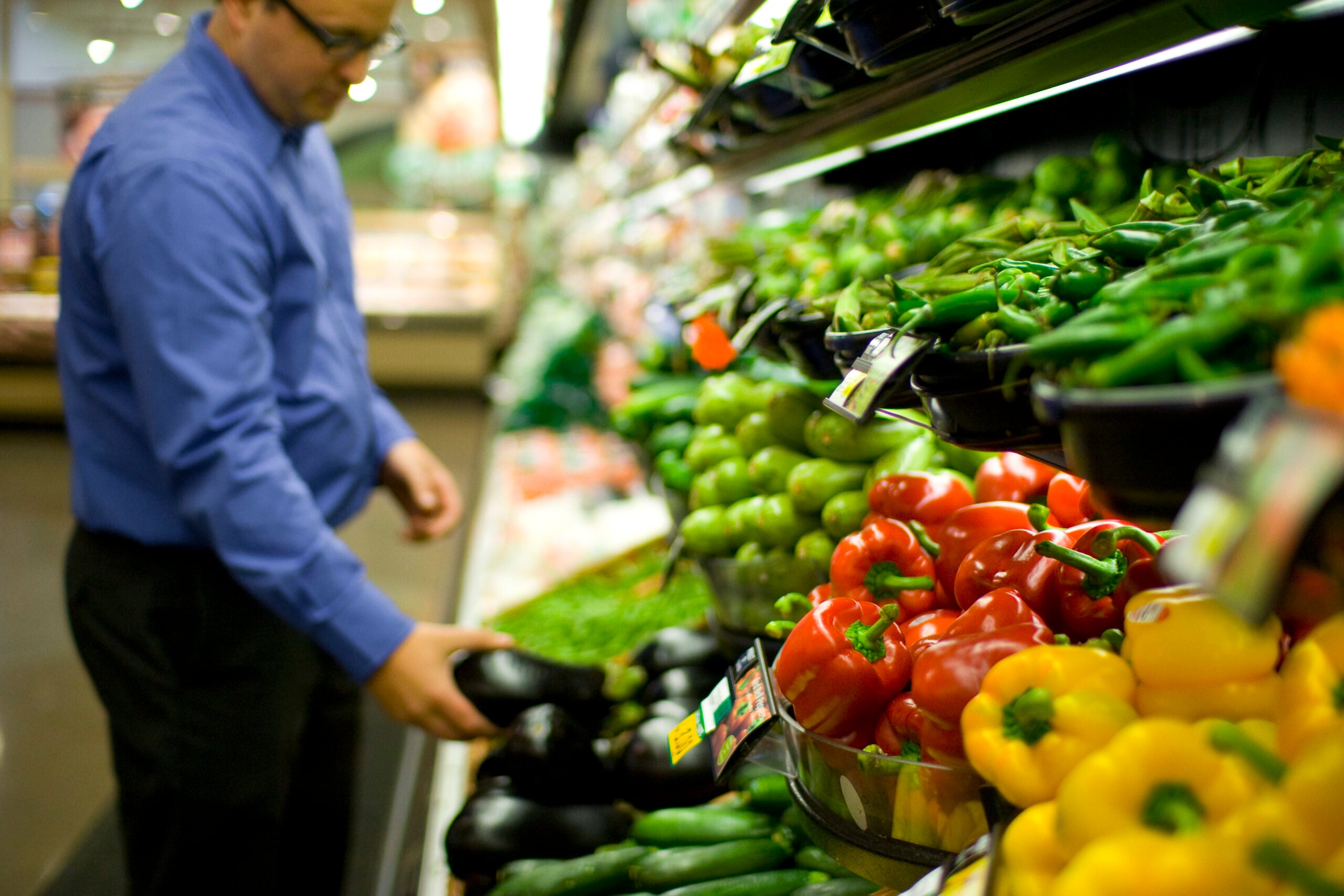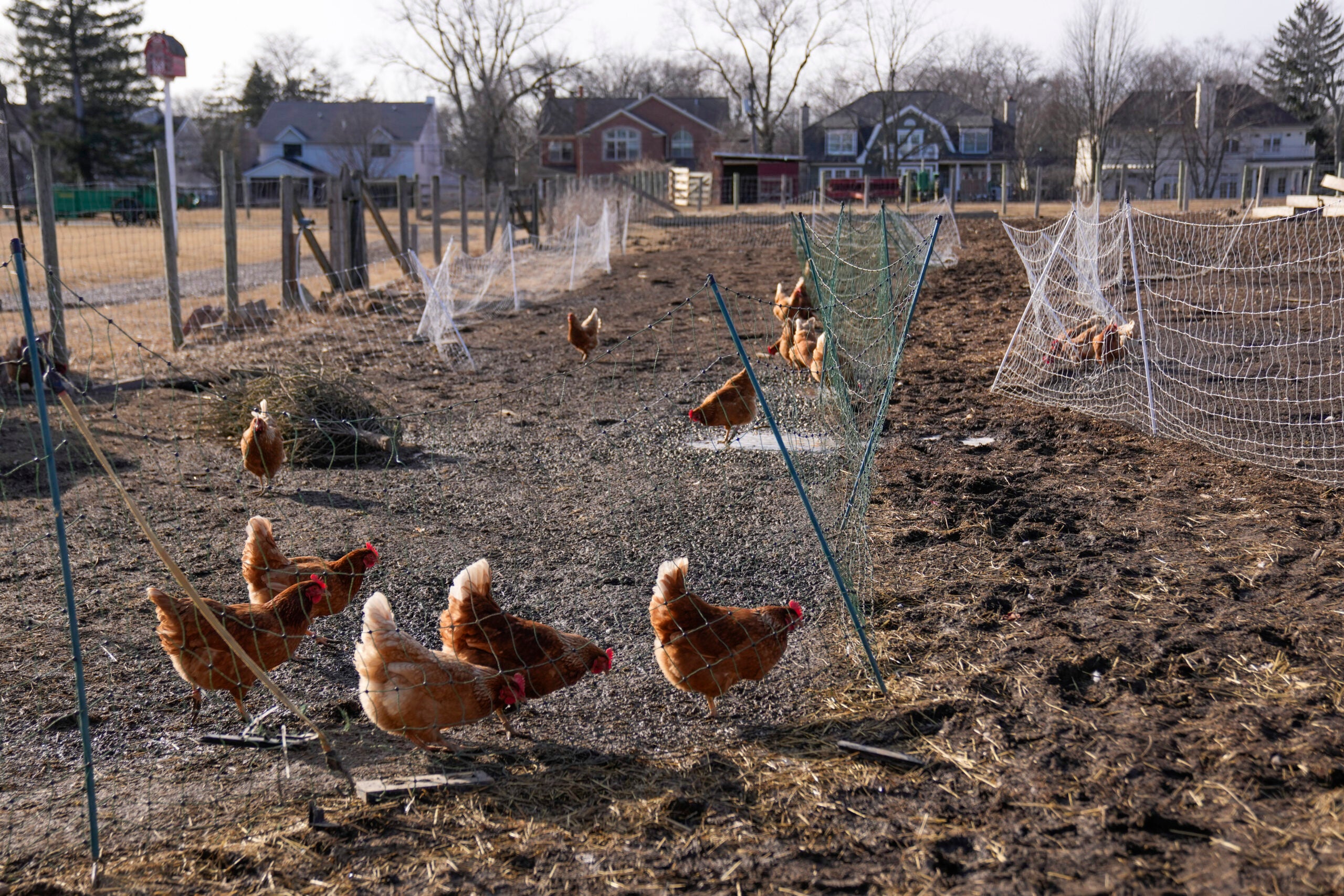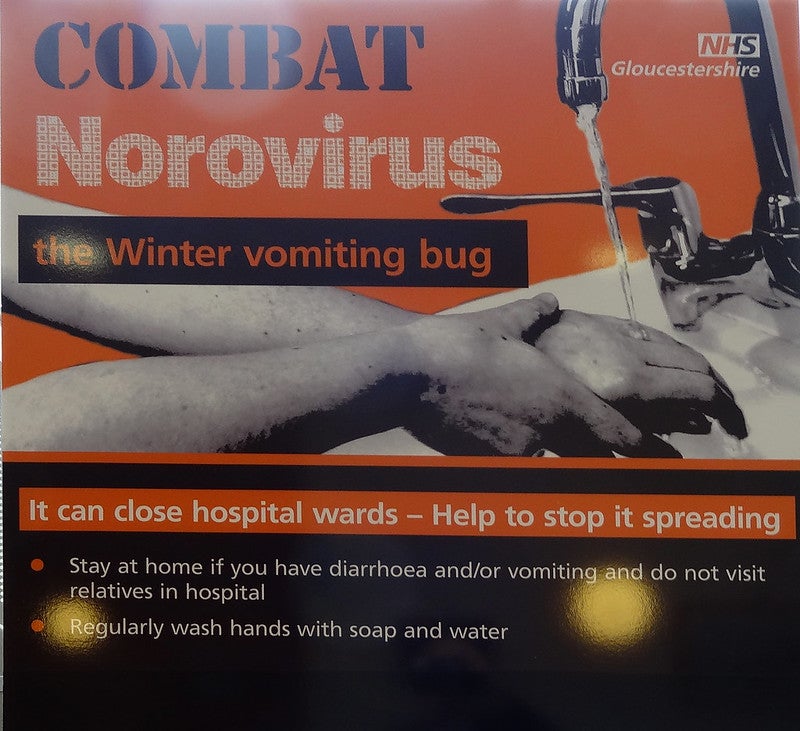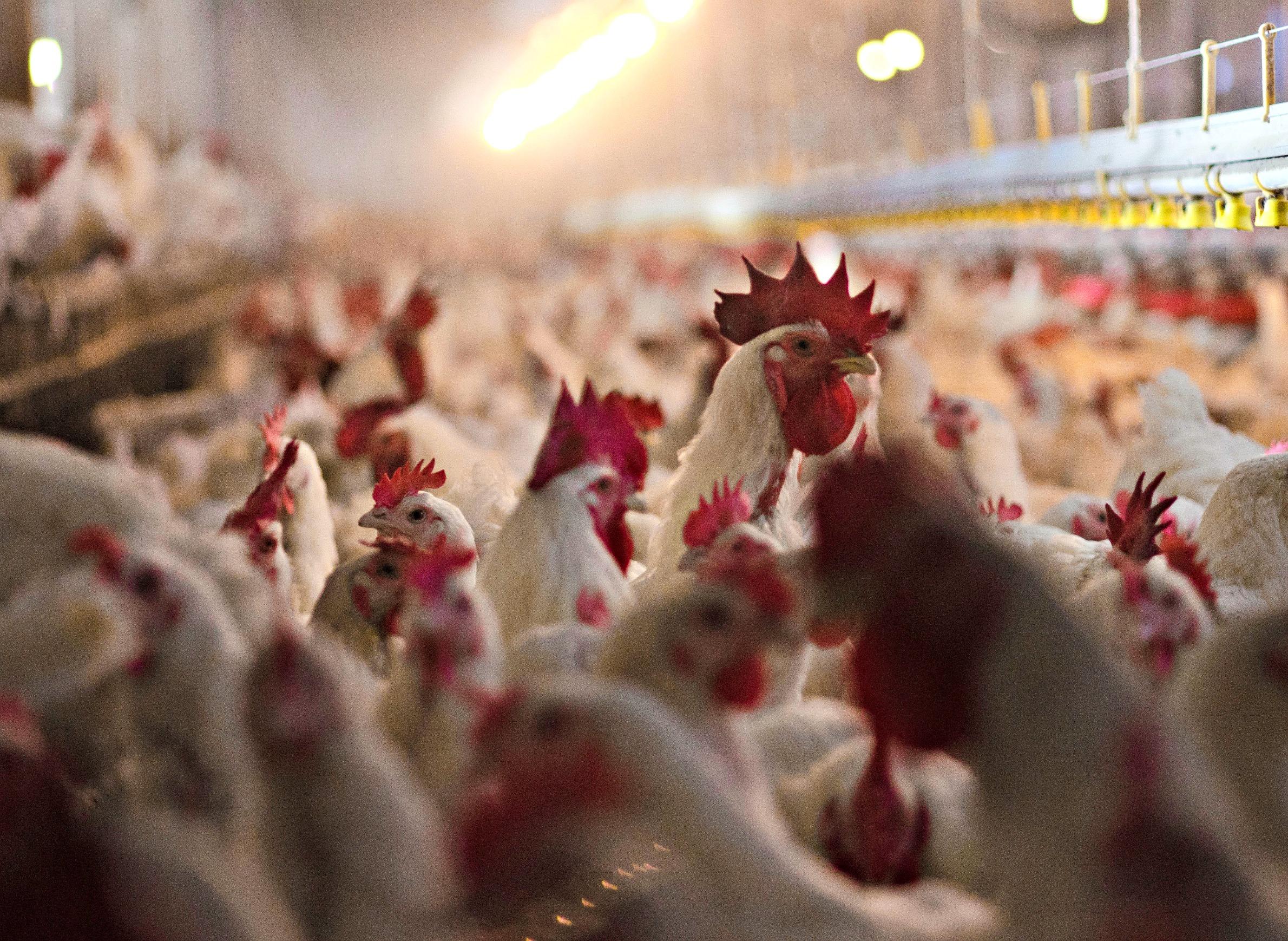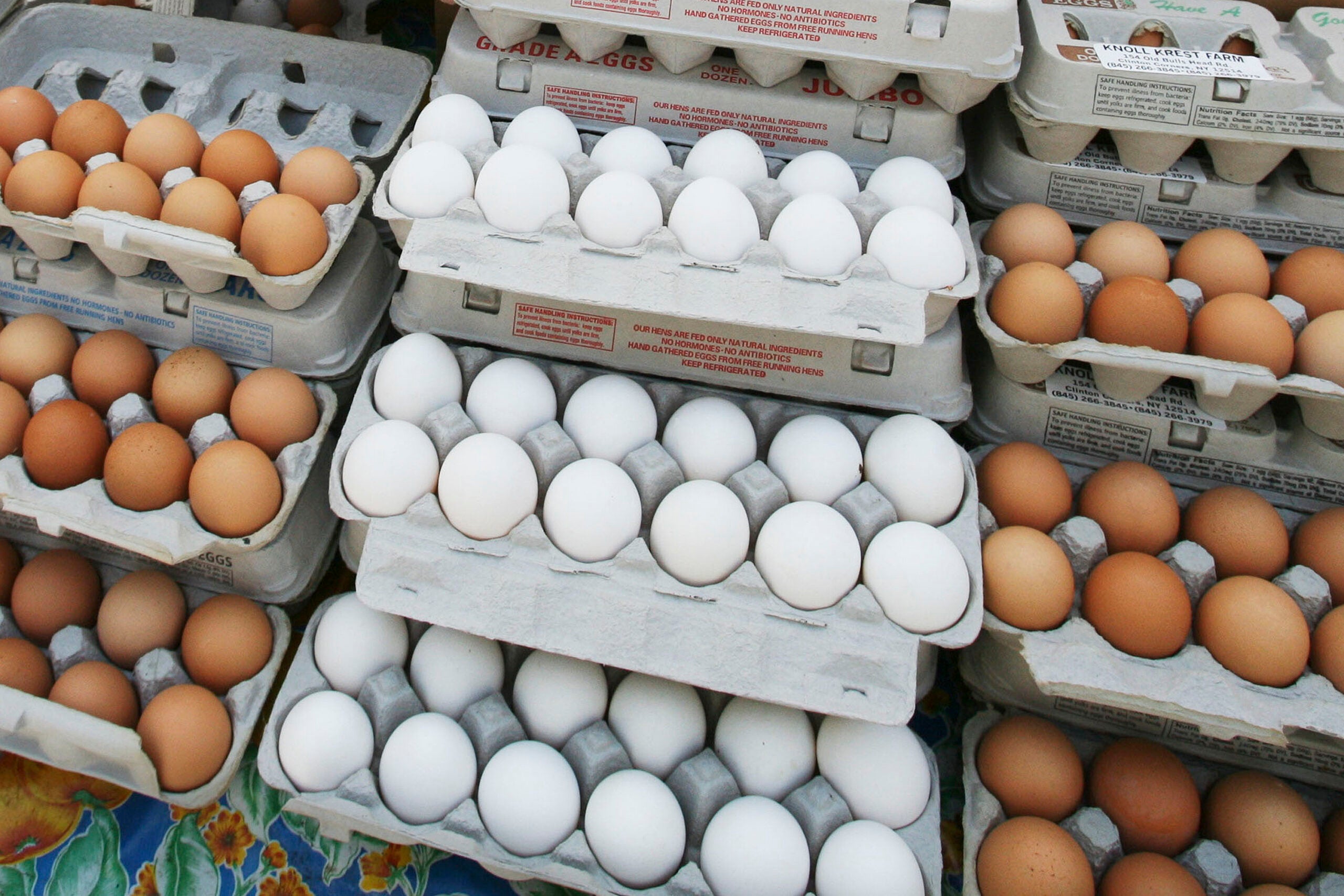A parasitic infection linked to imported produce is popping up in Wisconsin again this summer.
There have been 40 cases of cyclosporiasis reported to the state Department of Health Services since June 1.
The intestinal illness is caused by a parasite that comes from people ingesting food or water contaminated with feces. The parasite is commonly found in tropical regions, and cases in the United States usually come from produce imported from affected countries.
Stay informed on the latest news
Sign up for WPR’s email newsletter.
According to the Centers for Disease Control and Prevention, it takes about a week for symptoms to begin after being infected. These include watery diarrhea, cramping and fatigue, and can last for several weeks to more than a month.
Dr. Kim Zelton, foodborne illness epidemiologist for DHS, said this year’s numbers are typical for the state.
“It really varies from year to year depending on if we have any kind of outbreaks associated with some produce imported to Wisconsin or not,” she said. “For years that we identify outbreaks, (the total) can get very high.”
Wisconsin and Minnesota saw an outbreak of cyclosporiasis in 2018 linked to Del Monte vegetable trays sold at Kwik Trip stores.
Zelton said DHS does not know at this point whether this year’s infections came from one widely distributed food or if it’s from a variety of items. She said it’s also possible that residents consumed contaminated food in another state.
The CDC has confirmed 581 cases of the illness since April across 31 states. The agency’s website said this year’s outbreak started slightly earlier than normal, but it’s too soon to tell whether that will be a lasting change.
In May, federal agencies linked an outbreak of cyclosporiasis to raw broccoli in Georgia and Alabama. The CDC’s website said there is no indication that broccoli continues to be a source of illness.
Zelton said cyclosporiasis tends to be a seasonal illness, with cases declining in late summer and early fall.
She said it’s important for consumers to be aware that any fresh produce can carry different illnesses and that following food safety precautions is important when preparing and consuming these foods.
“Things like washing their hands before and after handling raw produce, making sure to rinse that produce thoroughly under running water, using a clean produce brush on those firmer fruits and vegetables that can handle it, and then also storing your fresh produce in the refrigerator as quickly as possible and separate from things like raw meats,” she said.
Wisconsin Public Radio, © Copyright 2025, Board of Regents of the University of Wisconsin System and Wisconsin Educational Communications Board.
